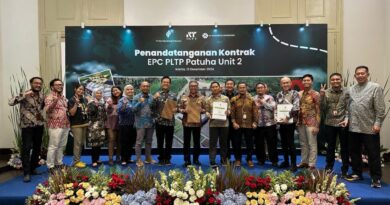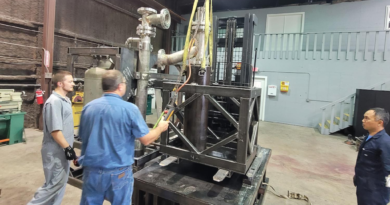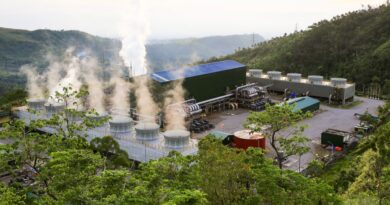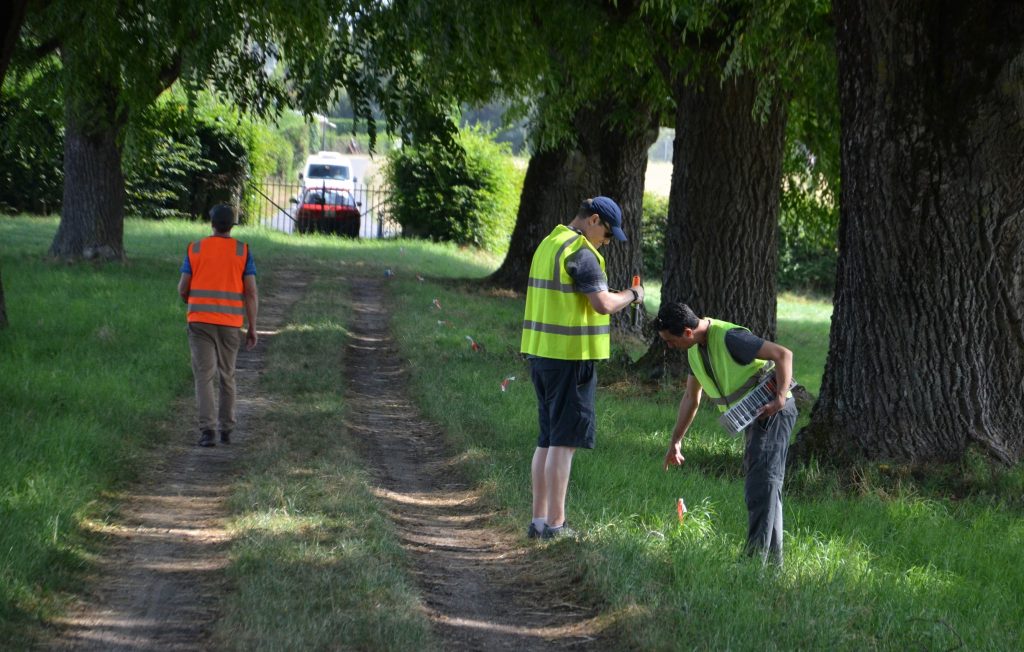Funded PhD opportunity – Lithium extraction, University of Exeter, UK
Energy Disrupter
The University of Exeter in the UK is offering a funded PhD studentship for research on lithium extraction from geothermal fluids, mine water, and seawater.
The University of Exeter in England, United Kingdom is offering a funded PhD studentship opportunity to work on research on the “Selective recovery of lithium ions from water using magnetic colloids.” Applications can be sent via the official University of Exeter website. The closing date for applications is on the midnight of 2 March 2022.
The studentship will commence on 25 September 2023 and will be based in the Faculty of Environment, Science and Economy at the Penryn Campus in Cornwall. The program is for 3.5 years full-time or pro rata for part-time study.
Lithium is widely regarded as a vitally important metal in the anticipate upscaling of battery technologies. However, the procurement of lithium remains a challenge associated with limiting the resultant environmental disturbance and carbon footprint of such activity.
The proposed solution is to develop methods and technologies for the extraction of lithium from aqueous resources including geothermal water, mine water, and sea water. The development of new technologies to selectively extract lithium from such matrices could therefore represent a major step forward in diversifying lithium supply chains and also potentially using dramatically lower energy input and with lower environmental disturbance than conventional approaches.
This PhD project will seek to deliver a new technology for the selective recovery of lithium from the aqueous phase. In particular the research will focus on developing a mechanistic understanding of how we can develop new approaches in the functionalisation of manganese oxides to enable lithium recovery whilst excluding non-target metals.
The extraction of lithium from geothermal brine is being explored in various places worldwide as a way to further add value to geothermal projects. The major efforts include the Hell’s Kitchen project of Controlled Thermal Resources, the Zero Carbon Lithium project of Vulcan Energy, and the Bruchsal pilot plant by EnBW and KIT.
Source: University of Exeter

















